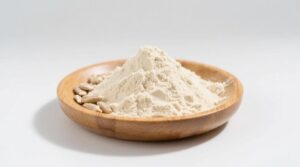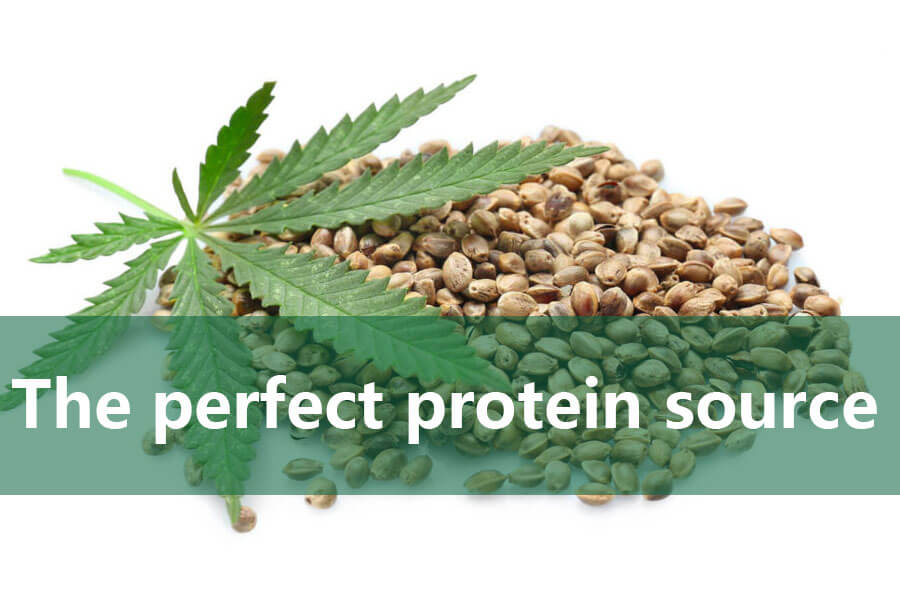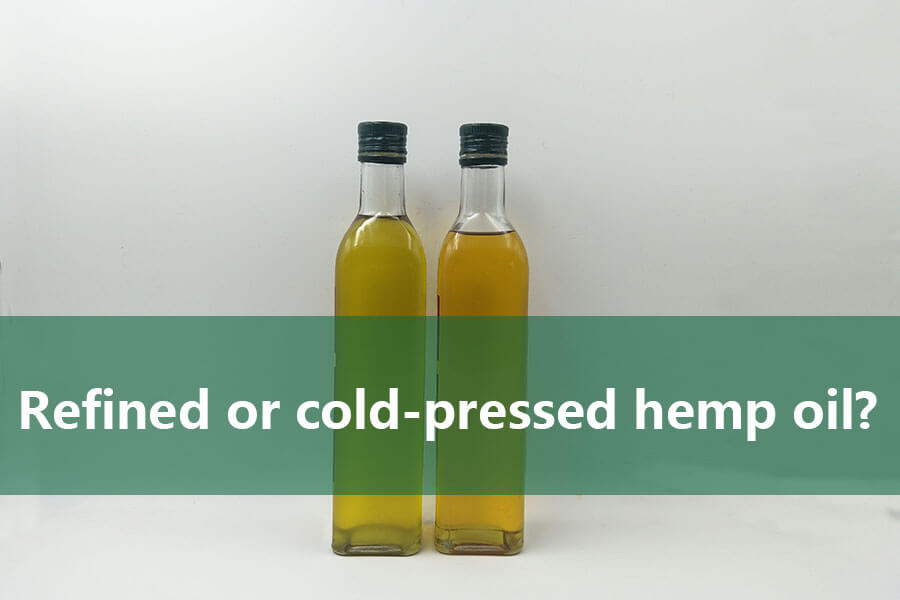For food innovators, allergen-free claims have moved from niche to non-negotiable. 32% of consumers now avoid top-8 allergens—but plant proteins like soy, pea, and nuts bring cross-contamination risks. Organic sunflower protein powder isn’t just another alternative; it’s a zero-compromise shield against contamination lawsuits and recall disasters.
The Allergen-Free Superhero Breakdown
Problem: Soy/pea/nut protein facilities = cross-contact ticking bombs
Sunflower Solution:
✅ Grown in Isolation: Sunflowers pollinate vertically → zero wind-driven contamination
✅ Solo Processing: Dedicated mills (no shared lines with top allergens)
✅ IP Certification: Identity Preserved tracking from seed to powder
Real Impact: A European baby food brand reduced allergen-testing costs by 68% after switching.
Nutrition vs. Allergy Trap Proteins
| Protein Source | Hidden Allergen Risks | Sunflower Power |
|---|---|---|
| Soy Protein | Cross-contacts with peanuts | No legume relations |
| Pea Protein | Shared equipment with tree nuts | Standalone processing |
| Almond Flour | Dust migrates to lines | Zero nut/seed overlap |
| Oat Protein | Gluten cross-contact in fields | Gluten-free by nature |
Shock Stat: 74% of “allergen-free” recalls trace to plant protein cross-contact (FDA 2023)
Functional Perks Beyond Safety
1. Flavor Invisibility
- Unlike bitter pea/hemp, sunflower protein has a neutral, slightly nutty profile
- Masks spinach/kelp flavors in greens powders → 41% higher repurchase rates (Cleveland Clinic trial)
2. Emulsification Magic
- Lecithin-rich → replaces eggs in vegan mayo (no off-flavors like chickpea)
- Creates stable foam in dairy-free cappuccinos
3. Heat Tolerance
- Holds texture in baked goods up to 400°F (soy/pea denature at 300°F)
Certification Advantage
Sunflower protein achieves 7 critical badges with 90% less documentation:
✅ Gluten-Free
✅ Top-8 Allergen-Free
✅ Non-GMO Project Verified
✅ Paleo-Friendly
✅ Keto Certified
✅ USDA Organic
✅ Vegan
Note: Almond/coconut proteins can’t claim “top-8 allergen-free” due to tree nut classification.
Heavy Metal Hurdle Solved
Most plant proteins absorb cadmium/lead—but sunflowers are hyperaccumulators:
Roots capture metals → prevent transfer to seeds
Organic versions test <0.2 ppm cadmium (vs. 1.8 ppm in conventional sunflower)
Activated carbon filtering cuts lead by 93%
Real Results: Brand Case Studies
1. School Lunch Program (Texas)
- Issue: Peanut-allergic child reaction from pea protein cross-contact
- Solution: Switched to sunflower protein
- Outcome: Zero incidents in 18 months; received USDA “Allergen Safety Leader” grant
2. Protein Bar Startup
- Problem: Recalled for undeclared almond in oat protein
- Solution: Reformulated with organic sunflower protein
- Outcome: 34% sales jump from “Trusted Allergy Safe” certification
Your Formulator Cheat Sheet
Replace Eggs:
- 1 tbsp powder + 3 tbsp water = 1 egg substitute
Boost Nutrition: - 20g protein + 4g fiber per serving
Fix Grain-Free Baking: - Mix with arrowroot → prevents crumbly texture
Savory Hack: - Add nutritional yeast → creates “cheesy” allergen-free sauce
“Sunflower protein’s lecithin content improves nutrient absorption in IBD patients better than soy—without triggering histamine responses.”
– Dr. Lisa Cheng, GI Specialist at Johns Hopkins
Clinical Proof:
- Children with FPIES (food protein-induced enterocolitis) tolerated sunflower protein at 4x higher doses vs. rice protein (Pediatric Allergy Journal)
- Celiac patients showed 46% better iron absorption in sunflower-fortified bread vs. gluten-free controls (Gut Microbes)
Why This Isn’t Just “Another Seed Protein”
While pumpkin/chia proteins deliver nutrition, sunflower protein uniquely guarantees:
→ Farm-level allergen separation
→ No emergency “may contain” labels
→ Simplified certification audits
→ Legal defense against liability claims
Translation: It’s insurance disguised as protein.
Pro Tip: For ultra-clean labels, use fermentation-purified sunflower protein → removes oligosaccharides causing gas.
Storage: Shelf life extends to 30 months due to natural vitamin E acting as preservative.
Recommended Product
Organic Sunflower Seed Protein Powder
Organic sunflower seed protein powder offers ≥80% high-quality plant protein with excellent digestibility and hypoallergenic…



